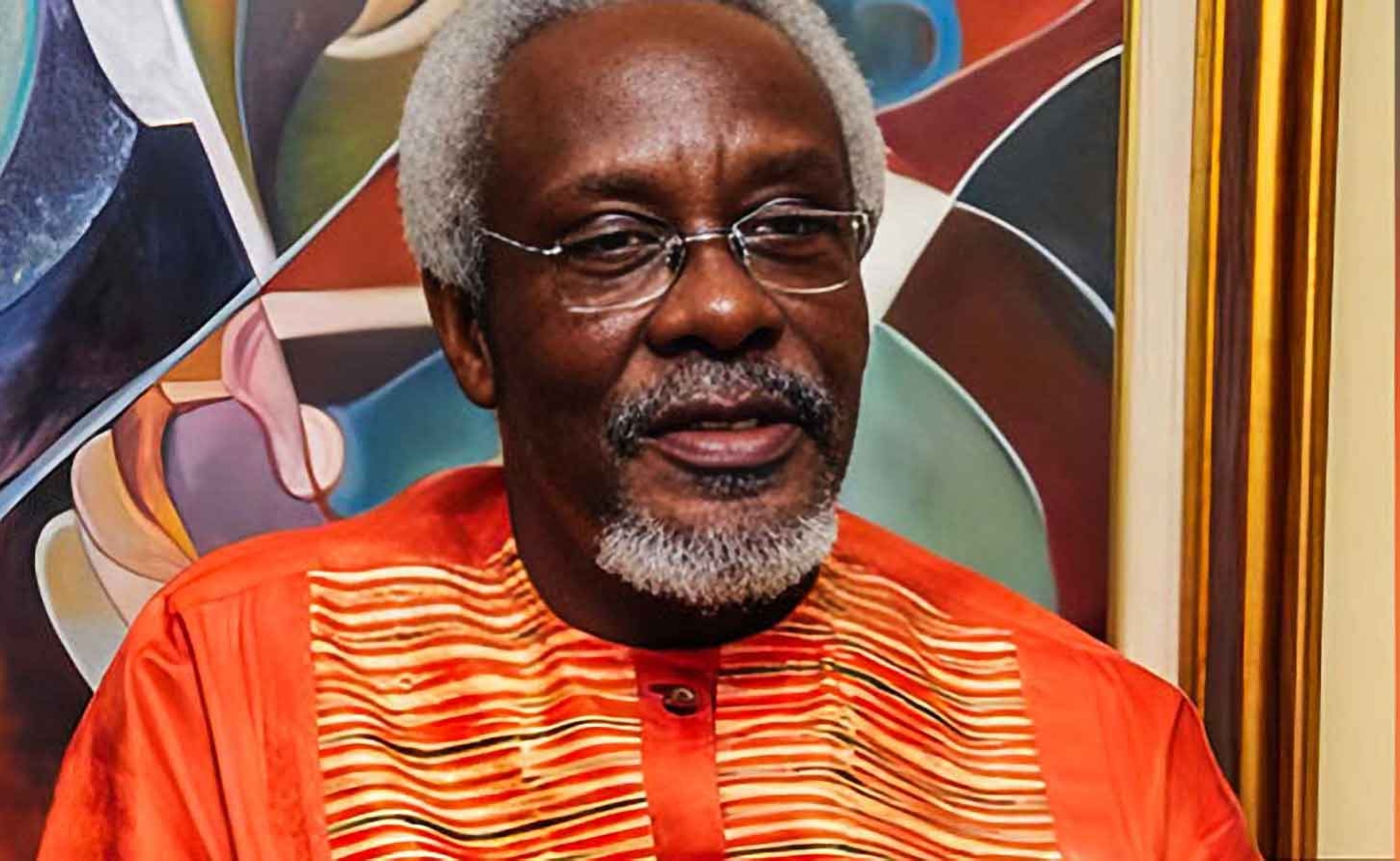JAMAICA | P.J. Patterson's Bold Call for Caribbean-African Unity on Emancipation Day

KINGSTON, Jamaica August 1, 2025 - One hundred and eighty-seven years after the final shackles fell, Jamaica's most seasoned political voice is declaring that true emancipation remains tantalizingly out of reach.
In a stirring Emancipation Day message that reads more like a battle cry than ceremonial reflection, former Prime Minister P.J. Patterson has issued an urgent call that transforms the 1st of August from a day of remembrance into a clarion call for revolutionary change.
"Emancipation did not come easily. It certainly was not a favour or a gift," Patterson declared from his position as Statesman-In-Residence at the P.J. Patterson Institute for Africa Caribbean Advocacy.
His words carry the weight of a man who has spent decades navigating the corridors of power, now channeling that experience into what amounts to a manifesto for Caribbean and African liberation.
The Unfinished Revolution
Patterson's message strikes at the heart of a troubling paradox: while the Caribbean celebrates its freedom annually, the architect of Jamaica's longest-serving PNP administration argues that 1838 merely ended one chapter of oppression without closing the book entirely.
"August morning in 1838 ended a chapter of black chattel and enslavement, but it did not terminate the pernicious and oppressive divide of imperial rule," he observes with the precision of a surgeon identifying a persistent infection.
This isn't the gentle nostalgia of a retired politician reminiscing about historical milestones. Patterson's diagnosis is uncomfortably contemporary: the effects of chattel enslavement persist "in poverty, inequality, blatant racism, and the persistent efforts to deny persons of African origin or descent their rightful place in human civilization."
It's a sobering reminder that emancipation proclamations don't automatically translate into emancipated realities.
The former prime minister's historical analysis carries particular weight given his unique vantage point. Having steered Jamaica through crucial years of economic restructuring and regional integration, Patterson understands intimately how colonial legacies continue to shape Caribbean possibilities.
His message suggests that true freedom requires something far more radical than annual commemorative ceremonies.
Breaking Mental Shackles
Perhaps the most striking element of Patterson's message is his invocation of Marcus Garvey and Bob Marley's shared wisdom about mental slavery.
"We must emancipate ourselves from mental slavery—freeing ourselves from the self-doubt, division, and perverse doctrines that continue to limit our vision," he argues, connecting the philosophical threads between Jamaica's greatest pan-Africanist, its most influential musical prophet, and the contemporary Caribbean condition.
This psychological dimension of Patterson's analysis reveals a sophisticated understanding of how oppression operates across generations.
Physical chains may have been broken, but the mental architecture of subjugation—self-doubt, internal division, acceptance of inferior status—continues to constrain Caribbean potential.
It's a diagnosis that transforms Emancipation Day from backward-looking commemoration into a forward-facing therapy session.
The challenge Patterson identifies runs deeper than policy prescriptions or economic reforms. He's calling for nothing less than a fundamental rewiring of Caribbean consciousness, a collective rejection of the internalized limitations that colonial education and global power structures have embedded in the regional psyche.
The Global Africa Vision
Where Patterson's message becomes truly revolutionary is in his call for "global African unity" and the mobilization of "vast intellectual, mineral and natural resources."
This isn't merely pan-African rhetoric; it's a strategic blueprint for leveraging diaspora connections and resource wealth to achieve genuine independence.
His metaphor of "building a bridge that spans the Middle Passage" is particularly powerful, suggesting that the historical trauma that scattered African peoples across the Atlantic can be transformed into a network of strength and mutual support.
Rather than allowing the Middle Passage to remain a symbol of division and loss, Patterson envisions it as the foundation for unprecedented unity and shared prosperity.
This vision extends far beyond symbolic gestures or cultural exchanges. Patterson is calling for structural transformation: the creation of new economic partnerships, the development of indigenous institutions, and the assertion of collective sovereignty in international affairs.
It's an ambitious agenda that requires Caribbean nations to think beyond their individual limitations and embrace their shared potential.
The Generational Imperative
Patterson reserves particular emphasis for education and cultural transmission, urging Caribbean people to "tell the stories that are not always in the textbooks—the stories of strength, of leadership, of community."
This educational dimension of his message recognizes that true emancipation requires not just economic and political change, but the cultivation of pride, purpose, and historical consciousness in new generations.
His call to preserve and promote Caribbean culture—"our music, our language, our food"—as elements of resistance and identity formation reveals a deep understanding of how cultural sovereignty underpins political independence.
These aren't mere lifestyle choices; they're weapons against psychological colonization and tools for building authentic Caribbean identity.
The Unfinished Revolution
Patterson's Emancipation Day message ultimately challenges the Caribbean to move beyond comfortable commemoration toward uncomfortable action.
His closing declaration—"we will never abandon the fight until justice is triumphant"—suggests that 2025 could mark a turning point where annual remembrance transforms into sustained mobilization.
Jamaica's elder statesman is using his twilight years not for gentle reflection but for urgent provocation. His message to the Caribbean is clear: true emancipation awaits, but it requires the courage to finish what 1834/1838 began.
-30-
